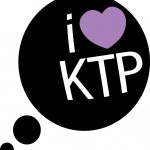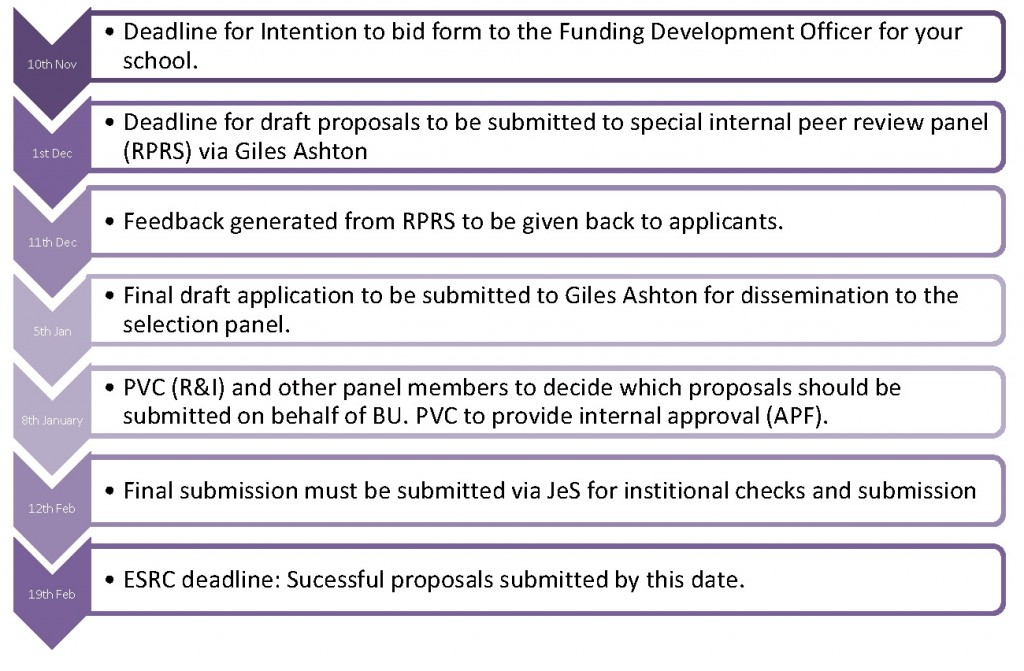 The following funding opportunities have been announced. Please follow the links for more information:
The following funding opportunities have been announced. Please follow the links for more information:
Innovative Medicines Initiative – Joint Undertaking, EU
Innovative Medicines Initiative invites proposals for its call on Ebola and other filoviral haemorrhagic fevers programme
This aims to support projects addressing challenges across the entire innovation cycle, leveraging input and multidisciplinary expertise across stakeholders.
Funding is available to both projects addressing short term challenges of the current epidemic as well as actions needed to address EVD and other filoviral haemorrhagic fevers in a sustainable way for the long term. Five topics are covered by the current call:
•vaccine development Phase I, II, and III;
•manufacturing capability;
•stability of vaccines during transport and storage;
•deployment and compliance of vaccination regimens;
•rapid diagnostic tests.
Applications are invited from consortia of any legal entities from across the world.
The indicative budget is €140 million and EFPIA companies are expected to provide an additional €140m in-kind contribution. Closing date 01/12/14 (please note Central European Time/ Brussels Time)
Bill and Melinda Gates Foundation, US – New interventions for Global Health
The Bill & Melinda Gates Foundation is launching a new Grand Challenge: New Interventions for Global Health. This challenge focuses on innovative concepts for vaccines, therapeutics, and diagnostics with the potential to be translated into safe, effective, affordable, and widely utilized interventions to protect against the acquisition, progression, or transmission of infectious diseases, or to provide a cure for infectious diseases, in resource‐limited settings.
This request for proposals will fund full awards that could include grants, program related investments, or contracts up to USD $10,000,000 per awardee for up to four years. Closing date 13/01/15
Please note that some funders specify a time for submission as well as a date. Please confirm this with your RKEO Support Officer.
You can set up your own personalised alerts on ResearchProfessional. If you need help setting these up, just ask your School’s/Faculty’s Funding Development Officer in RKEO or see the recent post on this topic, which includes forthcoming training dates up to November 2014.
If thinking of applying, why not add notification of your interest on ResearchProfessional’s record of the bid so that BU colleagues can see your intention to bid and contact you to collaborate.























 Conversation article: London Marathon – how visually impaired people run
Conversation article: London Marathon – how visually impaired people run Horizon Europe News – December 2023
Horizon Europe News – December 2023